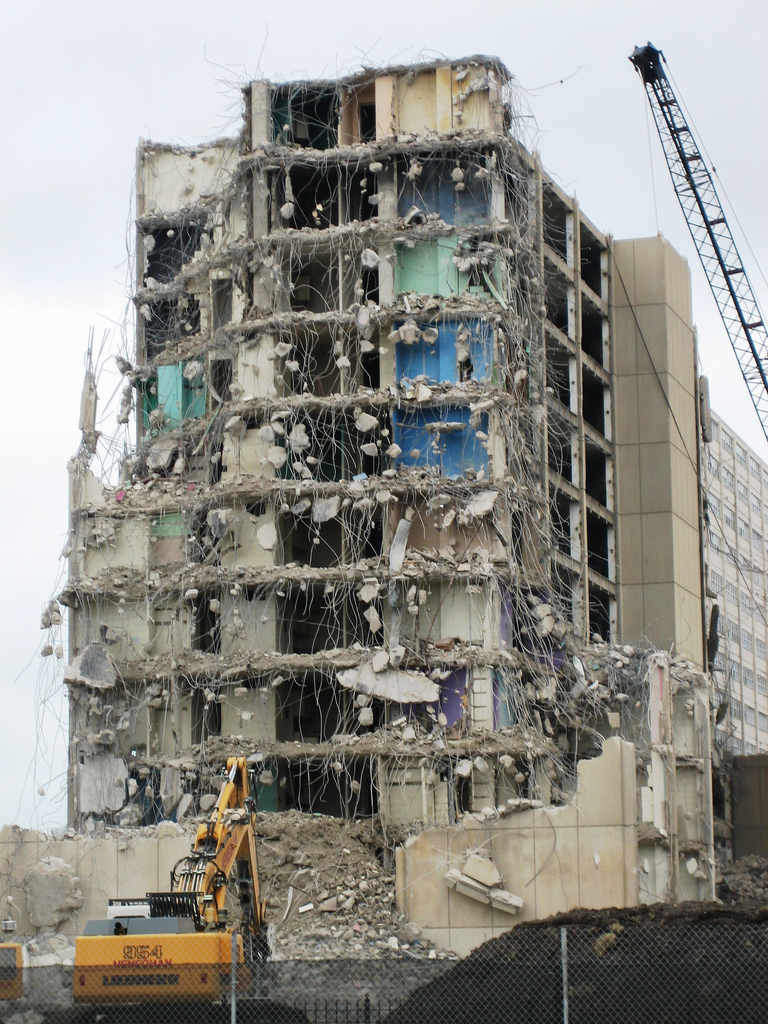
Upon reading the first three chapters of Brian Schultz's Spectacular Things Happen Along the Way, I am consistently reminded of Annette Lareau's Unequal Childhoods and of how the two books present a dialogue between each other. When thinking about the challenges that the students of room 405 face, I believe that there are many concrete as well as invisible challenges that the students are expected to not only deal with, but to rise above in order to reach expectations and standards set by the state.
The most obvious of these challenges are the deplorable conditions which the students are expected to learn in; from the unsanitory, malfunctioning bathrooms and bulletholes in the windows, to the assemblies held in the hallway (which at times doubles as a cafeteria). NCLB applies the same high standards to schools in this type of horrible condition to suburban and elite schools. This insensitive, inappropriate blanketing of expectations becomes even more vacuous as the grim reality of the place where these students come to grow into responsible individuals comes into clearer focus.
That aside, I think Schultz would fundamentally agree with Lareau about the deep-rooted presence of socio-economic stratification and inequality in the American educational system. Certain types of knowledge and "ways of being" are priviledged in this system, and more often than not according to Schultz, the school faired to recognize or validate the reasoning and life skills that these urban students had mastered outside of the classroom. Schultz believes, as do I, that: "The Curriculum itself and the way it is taught are often driving forces responsible for gross inequities that advance the unjust socioeconomic stratification of this country" (Schultz, p. 13).
Inequality is inherently a fundamental part of how schools are run, in what they teach and how they teach it, as well as in what they expect from their students. These inequalities affect urban students in harmful ways that leave them with inadequate education and a poor chance at success in the future.
Schultz's approach checks these fundamental inequalities at the door of his classroom. This is extremely hopeful to a future urban teacher. It shows that as teachers who are integrally part of a injust system, we still can go beyond these limitations in meaningful ways that allow students to gain real control of their education. We can function within an unfair system to create justice and equity for the sake of our students' education. By giving these urban students back some of the power that had been stripped of them due to the very nature of the schooling system and its curricula, Schultz shows how education can be relevant, socially conscious, and inspiring while also teaching the fundamentals that students are required to know by the government.
I found a great news clip from Channel 7 discussing the students situation as well as the Project Citizen project which the students worked on. It allows for a visualization of some of the described conditions of the school as well as the kids of Room 405. Check this out: http://www.veoh.com/videos/v6500574DENMMFeE



